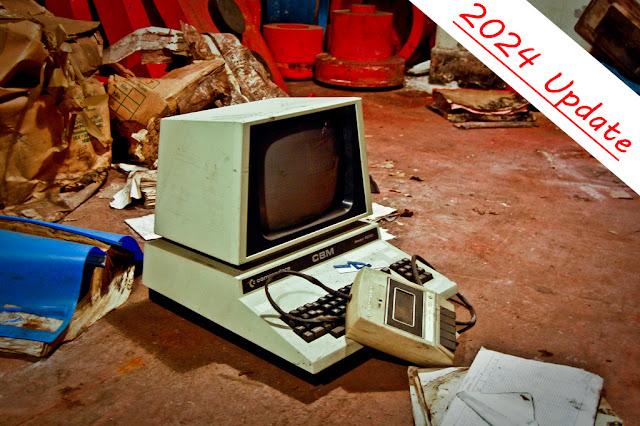 |
It's, again, that time of year where we take stock of the past and also look towards the future. Last year was fairly busy for me, travelling the world and a huge increase at work resulting in less time to spend on this blog. Unfortunately, 2025 is looking just as busy in some ways given I am now tasked with increased responsibilities at work. So, that will drain more of my focus from the first of January, onwards... But, let's make hay whilst we can!



